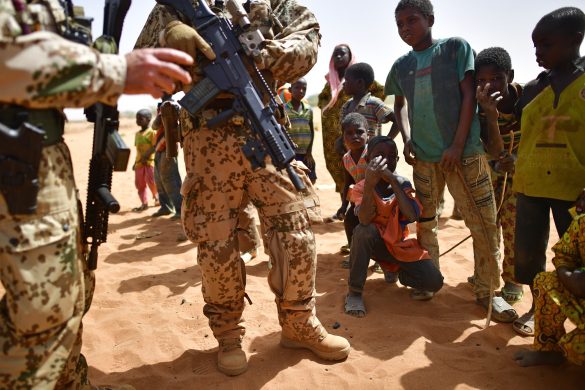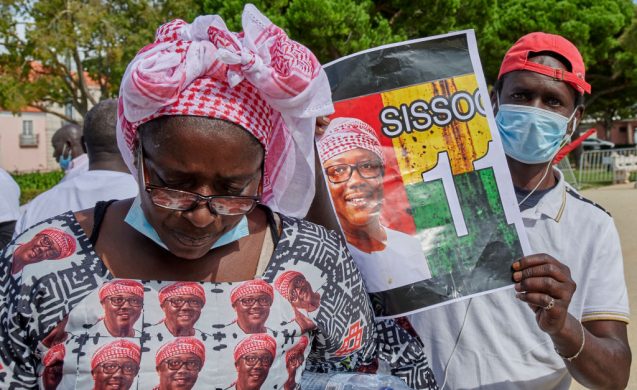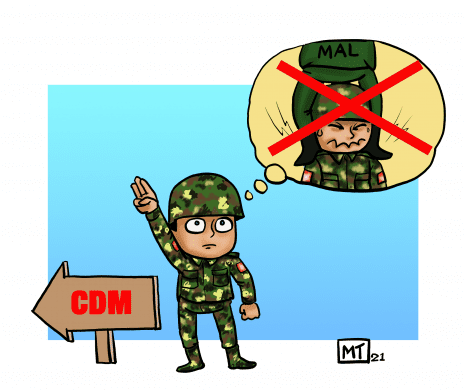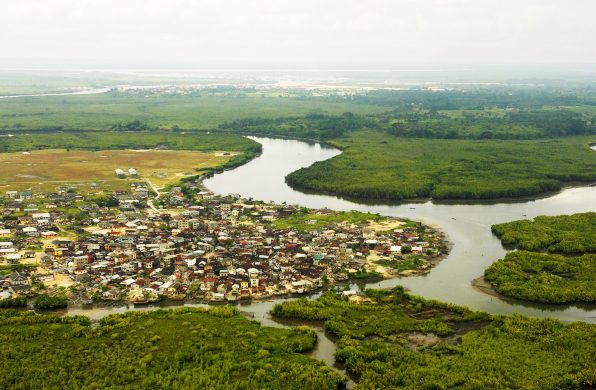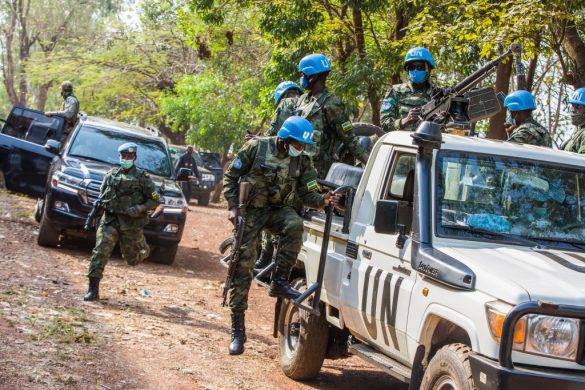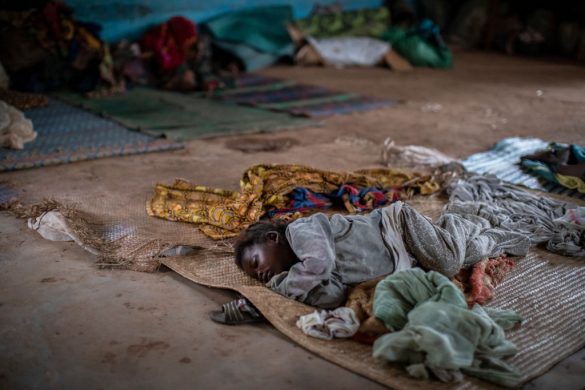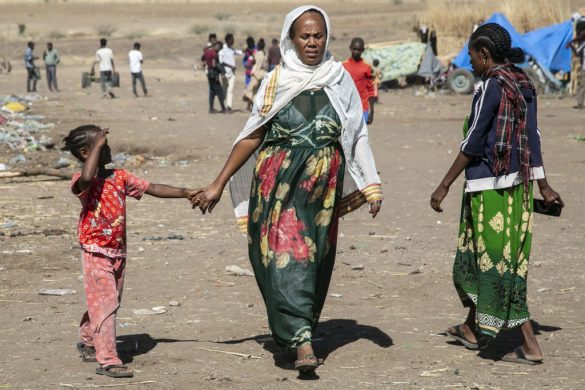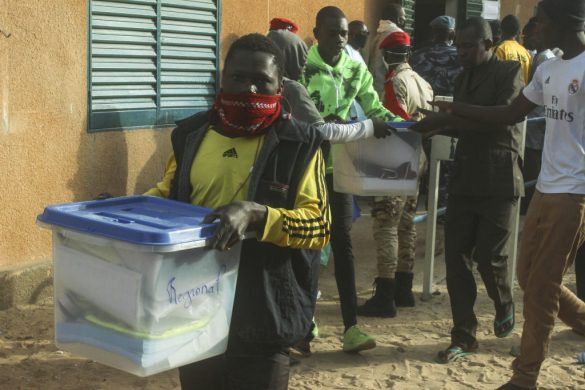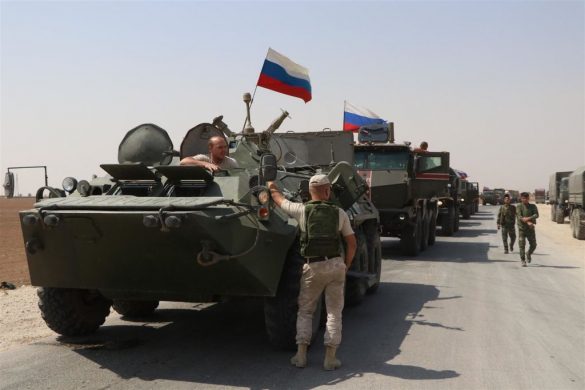BANGUI, 26 September 2017 – The humanitarian situation in the western part of the Central African Republic has deteriorated again since the beginning of September. Armed groups have taken over several localities, in particular the cities of Bocaranga and Niem and the ensuing confrontations have caused a large number of displacements.
The vast majority of the inhabitants of Bocaranga, 15,000, and those of Niem, 8,000, took refuge in the bush where they cannot access humanitarian assistance. These incidents occurred as acts of violence against humanitarian personnel in the area had also recently prompted several actors to temporarily suspend their activities.
Civile fanget mellem væbnede grupper
“Again, civilians continue to pay a very heavy price for clashes between the armed groups,” stressed the Humanitarian Coordinator in the Central African Republic, Najat Rochdi.
“While fleeing, the population is not only cut off from much needed assistance but is also more vulnerable to the adversity and abuse by armed groups and the destruction of their properties.”
The Humanitarian Coordinator warned against a new outbreak of violence in the west but also in the east of the country that would create new humanitarian needs.
Najat Rochdi recalled that “the operational capacities of the humanitarian community are already under intense pressure in a context marked by underfunding of aid”.
“The simultaneous emergence of new outbreaks of tension in several regions will undoubtedly exacerbate the already fragile situation of thousands of displaced people and the communities that are barely recovering from repeated crises.”
Nedskæringer i hjælpen lurer forude
The persistence of violence in the Central African Republic since the beginning of 2017 and the dramatic rise in needs have led the humanitarian community to revise the Humanitarian Response Plan.
To date, only 30% of the required funding has been secured. This lack of funding, if not addressed, would lead to a quantitative and qualitative reduction of the humanitarian response.
In some regions, a number of actors have had to withdraw because of lack of adequate financial resources.
In the majority of cases, they were the only one present to provide assistance to those in need. Najat Rochdi “calls on the international community not to abandon the Central African Republic where half the population needs assistance for its survival”.





